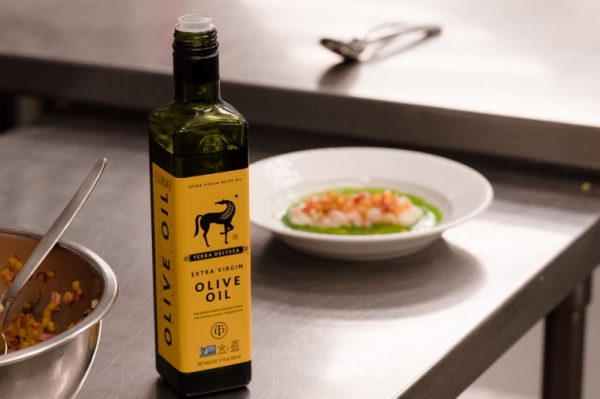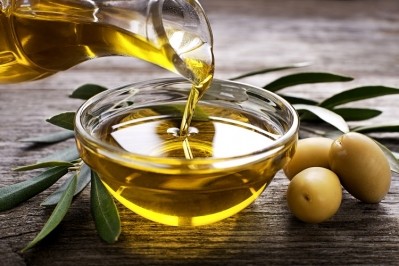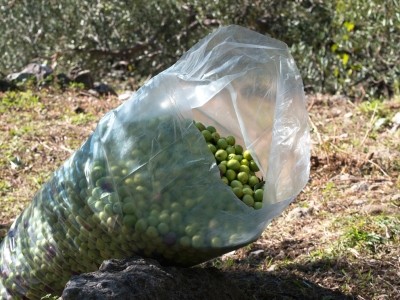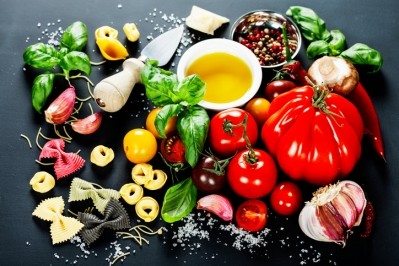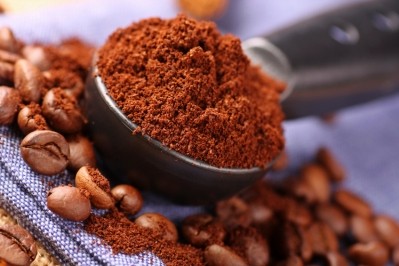‘Arming ourselves with credibility and trust’: Terra Delyssa leverages blockchain to fly the flag for Tunisian olive oil
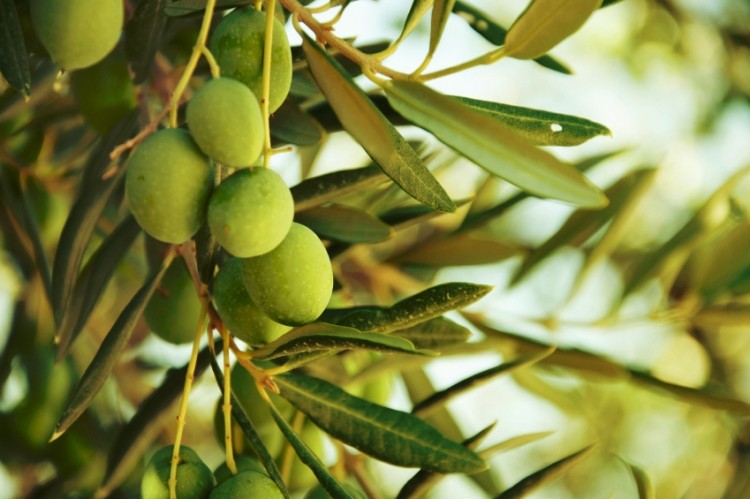
Olive oil fraud is big business. In May last year, Europol’s intellectual property crime unit seized 150,000 liters of adulterated olive oil heading for German restaurants from an Italian gang who were racking up €8m a year in criminal profit. European authorities rank fats and oils – including olive oil – as the category third most at risk of adulteration.
Media coverage of olive oil mislabeling, illicit counterfeit olive oil operations and the general confusion about how olive oils are blended, is driving consumer distrust.
These concerns are a challenge for an industry facing a ground-swell of support for increased traceability. A recent IBM Institute for Business Value study found 73% of consumers will pay a premium for transparency in the products they buy.
CHO America, one of the largest producers of Mediterranean olive oil, has hit on a solution. The company announced today that it is using IBM Blockchain to provide traceability for its Terra Delyssa extra virgin olive oil.
Blockchain technology supports greater trust across the supply chain by creating a permanent, digitised chain of transactions that cannot be altered.
“Consumers will be able to view their olive oil’s provenance record across eight quality assurance checkpoints, including the orchard where the olives were grown, the mill where olives were crushed, and the facilities where the oil was filtered, bottled, distributed, and more,” CHO’s chief executive Wajih Rekik told FoodNavigator.
“For distributors and retailers, a separate enterprise application will enable them to access in-depth information about each processing and control stage that a certain lot has passed, including that it was first cold pressed, extra virgin, organic, with analysis from CHO's IOC accredited laboratory and third-party auditors.”
By detailing each step of the product’s journey, consumers can ‘gain peace of mind’ about the origins of their olive oil and ‘richer insight into its journey and quality checkpoints’. They will even be able to view images of the fields where the olives were grown, CHO explained.
‘The ambassador for Tunisian olive oil’
Authenticity and provenance are central to Terra Delyssa’s brand identity. And the company is proud of its Tunisian heritage and history.
In 814 BC Queen Elyssa founded ancient Carthage in what is today Tunisia. Olives and olive oil extraction became part of the local culture and Terra Delyssa - The land of Elyssa – is named ‘in her honour’.
“Our families have been olive farmers and olive oil millers for generations. We created Terra Delyssa with a unique, smooth flavor profile to be the ambassador of Tunisian olive oil,” Rekik explained.
“We created Terra Delyssa to be the premiere Tunisian olive oil. We centered the story of our heritage on the bottle, and we fill it using a single source. The result is a particularly smooth tasting flavor.”
IBM Food Trust will enable the brand to provide ‘a window into each step that goes into making our olive oil so exceptional’, he suggested.
“With IBM, we are … arming ourselves with the credibility and trust that blockchain gives. When customers scan our labels, they will be able to experience the journey to our orchards and see exactly where the product they’re using came from.”
Rekik wants to challenge the association of olive oil with the cuisine of the large producing countries in Europe – Spain, Greece and Italy. Transparency, he believes, and help place Tunisian olive oil on the radar.
“You’ve probably tasted Tunisian olive oil already. In fact, Tunisia has been Italian olive oil’s best kept secret. Italy consumes on average 500,000 metric tons of olive oil per year, yet only produces 300,000 on average, according to stats from the International Olive Council,” he told this publication.
“CHO has been supplying the olive oil packed in most Italian brands for years. The reason most consumers are unaware of this is that the information on much of the labeling is confusing, and there are often multiple countries are stamped on the label.”
‘We make one of the best olive oils in the world’
Rekik is quick to emphasise Terra Delyssa’s quality credentials which, alongside transparency, he believes underpin the brand.
“We believe Terra Delyssa is a successful international brand because we make one of the best olive oils in the world. We attribute our success to two main factors. The first is transparency, we have always shown our customer the origin of his oil by putting it on the label. The second is the flavor profile: It is smooth, easy to cook with, to sauté with, to make salad dressing, to roast…. It’s extremely versatile and consumers love it.
“We want to capitalise on these success factors, and we found that blockchain was an ideal solution for doing that. It can help us reinforce that transparency by telling the story of precisely where the olive oil came from, while also maintaining a provenance record that creates peace of mind for the consumer, our retailers, and our other partners.”
Where the olive oil originates is important when it comes to quality.
While Tunisia does not produce olive oil on a comparable scale with the behemoths of the sector (Spain produces 1.2m tonnes annually, versus Tunisia’s 280,000 tonnes) agricultural conditions are well-suited to olive oil cultivation.
Rekik elaborated: “CHO’s orchards are in the Mediterranean region. The southern Mediterranean, in particular, benefits from drier, sunnier weather that promotes olive cultivation and minimises issues with insects and other pests.
“Terra Delyssa has already succeeded in carrying the Tunisian flag, becoming one of the top brands on the retail shelves. Blockchain will strengthen and give more credibility to Terra Delyssa’s transparency message, while giving our consumers a better way to learn about our product and understand the fascinating story behind it.”
Since harvest began in November, data about Terra Delyssa olive oil is already being uploaded to the IBM Food Trust ledger. Terra Delyssa's fully traceable extra virgin olive oil is currently being bottled and expected to reach store shelves at major retailers in the US, Canada, France, Germany, Denmark and Japan by March.
